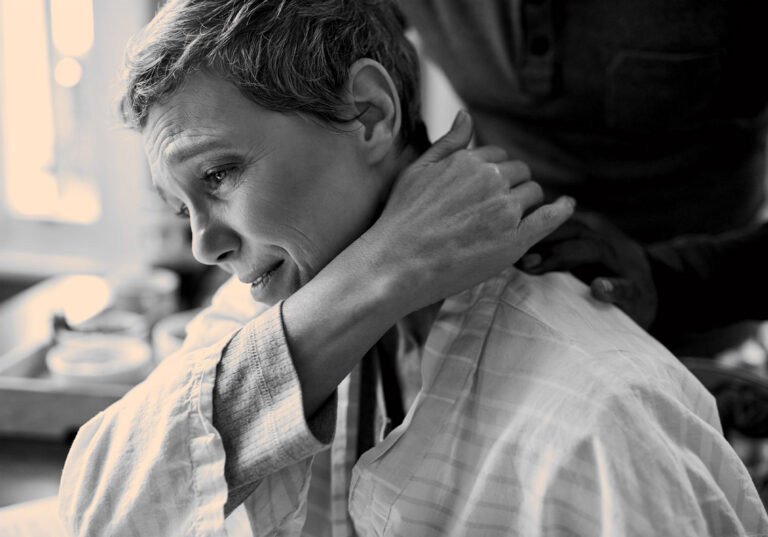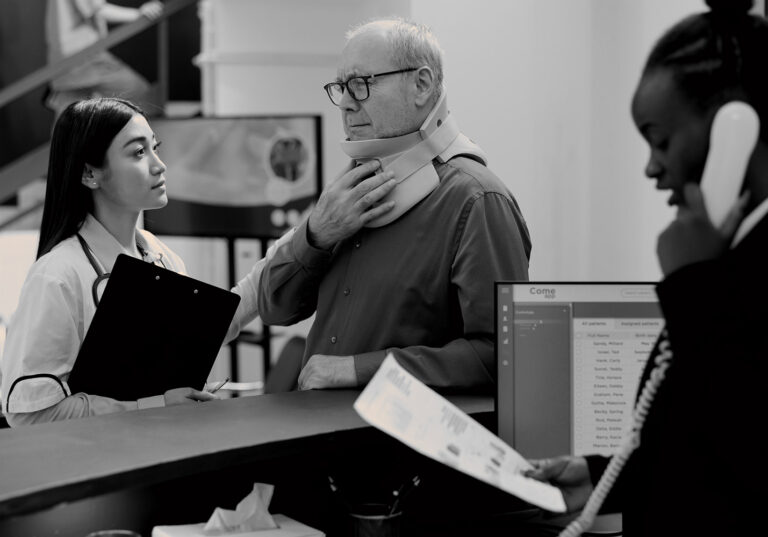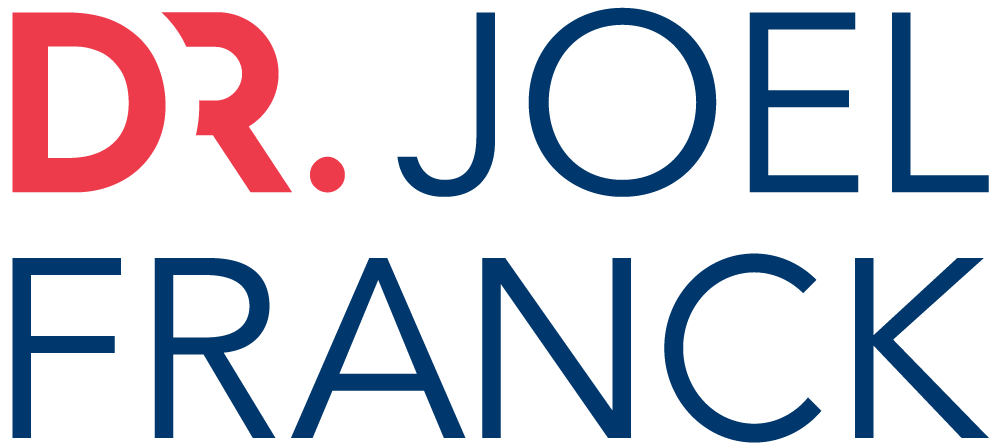Recovering from a traumatic brain injury (TBI) can be a long and challenging journey, fraught with physical, cognitive, and emotional hurdles. However, it is also a journey of hope, resilience, and rediscovery. This blog post aims to guide those affected by TBI through the recovery process, exploring the challenges faced and highlighting the hopeful pathways towards regaining a fulfilling life.
Understanding Traumatic Brain Injury
A TBI occurs when an external force injures the brain, which can happen during events like car accidents, falls, or sports injuries. Symptoms can range from mild, such as headaches and temporary confusion (often seen in concussions), to severe, involving prolonged unconsciousness or amnesia. The road to recovery can be unpredictable, as each individual’s brain injury and response to it can vary significantly.
Initial Challenges and Symptoms
One of the first hurdles in recovering from a TBI is dealing with the immediate symptoms:
- Concussion Symptoms: These can include headache, dizziness, and temporary loss of consciousness.
- Brain Fog: A common complaint post-TBI, where individuals feel slower mentally, experiencing difficulty with concentration and memory.
- Post-Concussion Syndrome: For some, symptoms can persist for weeks or even months after the injury, including irritability, sleep disturbances, and sensitivity to light and noise.
Long-Term Effects of TBI
As recovery progresses, the focus often shifts to managing and adapting to the long-term effects of TBI. These effects can include:
- Cognitive impairments like difficulty with memory, attention, and problem-solving.
- Emotional and behavioral changes, such as mood swings, depression, and anxiety.
- Physical challenges like coordination and balance issues, which can interfere with daily activities.
Pathways to Recovery
The recovery journey from a TBI is unique to each individual, but several key strategies can help facilitate the process:
- Medical Support: Regular consultations with neurologists, physiatrists, and other specialists are crucial. These professionals can guide rehabilitation efforts, manage symptoms, and monitor progress.
- Rehabilitation Therapies: Engaging in physical therapy, occupational therapy, and speech therapy can help recover lost functions and skills. Cognitive rehabilitation might also be necessary to address issues like memory loss and brain fog.
- Support Networks: Support from family, friends, and support groups can provide emotional comfort and practical help. Additionally, connecting with others who have experienced TBIs can offer valuable insights and encouragement.
- Adaptive Techniques: Learning new ways to perform daily tasks can help individuals regain independence and improve quality of life. Adaptive devices, from software apps that assist with cognitive functions to physical tools that aid mobility, can be incredibly beneficial.
- Mental Health Care: Addressing the psychological impacts of a TBI is just as important as the physical aspects of recovery. Therapy and counseling can help individuals process emotional responses and develop coping strategies.
Recovering from a TBI is a profound journey that tests the limits of human resilience. While the path may be fraught with challenges, it is also lined with opportunities for growth and recovery. With the right support and strategies, individuals can navigate their way back to a fulfilling life, rediscovering their strength and potential along the way. Remember, each step forward, no matter how small, is a victory in the journey toward recovery.



